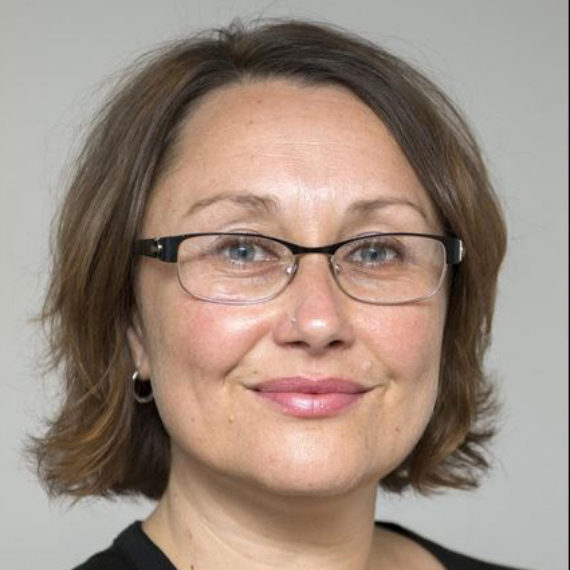This two-week course has been developed to enable the participants to become effective researchers in the field of sanitation. The first part of this course covers the basics of research such as research approaches, the classification of studies, research study design and sampling strategies. The course then splits into two streams, (i) Advanced Laboratory Methods and (ii) Social Science Methods. Both streams are not only designed to introduce the participants to different methods but to give practical experience in using the methods and analyzing the resulting data. Examples of methods which may be included in the first stream are anaerobic digestion potential and helminth analysis, and in the second stream, focus group discussion and visual research methods.
This is a post-graduate course and is worth 3.0 ECTS (European Credit Transfer Scheme) if the assignments are completed. Training methods include workshops, lectures, basic laboratory work, result analysis
This course is designed for those with an interested in researching onsite sanitation or management of faecal sludge such as practitioners, academicians, consultants, researchers, students and representatives from NGOs. It should be noted that this is not solely a laboratory course as the principals of research are also covered. It should be noted that the first part of this course is based on a future research project which you hope to undertake.

